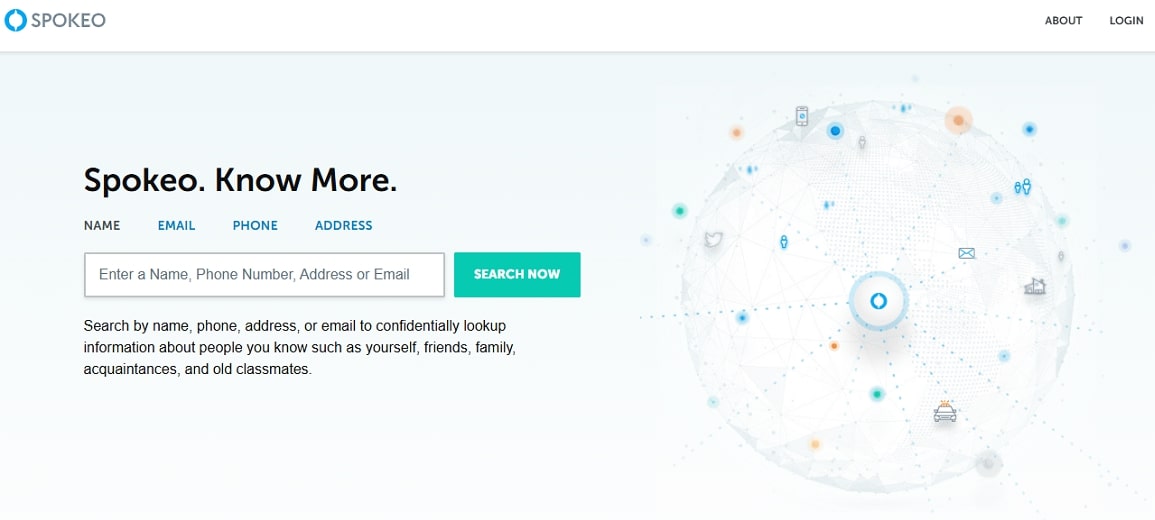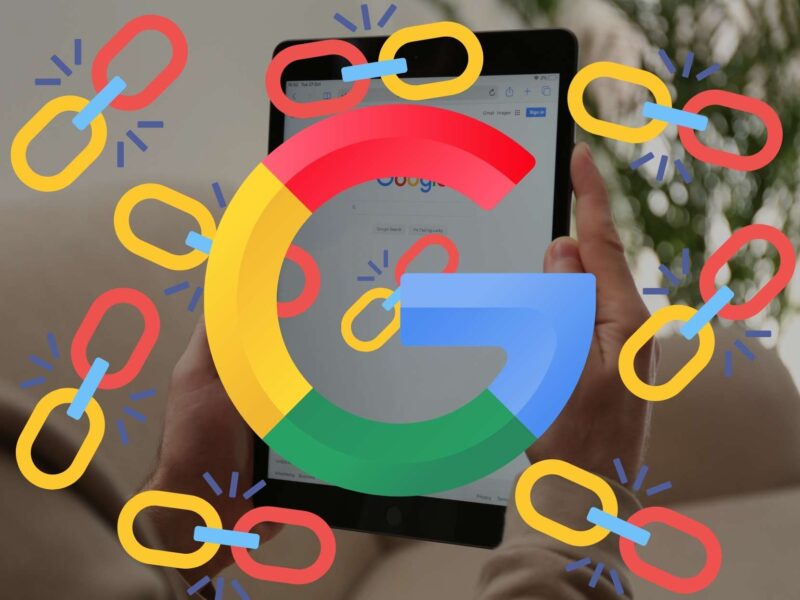Owning firearms is a constitutional right, but it also comes with risks. Gun owners face growing concerns about privacy, safety, and online exposure.
The internet makes it easy to find personal information—names, addresses, and even firearm ownership records. That creates serious security risks, including theft, harassment, and public scrutiny.
Many gun owners try to keep their information private, only to find Google exposing their details in search results. When they try to remove those links, Google often refuses.
Here’s why that happens—and what you can do to protect yourself.
Why Google Refuses to Remove Certain Links
Google’s goal is to index information, not police it. The company prioritizes free speech and public access to records. That means most legal content stays online, even if it puts people at risk.
Gun Owners and Public Records

Some states publish firearm licenses or concealed carry permit data online. If that data is public, Google won’t remove it. Even if you call it a safety issue, Google follows one rule:
If the source is legal and public, it stays in search results.
That’s why firearm owners sometimes find their information exposed on:
- Government websites listing concealed carry permit holders.
- Data broker sites collecting personal records.
- News articles about firearm ownership laws or specific gun owners.
Google’s Limited Removal Policies
Google does remove some content, but only in specific cases. Examples include:
- Financial data (credit card or bank details)
- Medical records
- Explicit images or revenge porn
- Personal ID numbers (Social Security, passport, etc.)
Gun ownership doesn’t fall under those categories. If your firearm permit or purchase history is on a public site, Google won’t remove it.
Why This Matters for Firearm Owners
1. Theft Risks

A public record of firearm ownership is an invitation for criminals. Thieves target homes with valuable firearms. In the U.S., over 380,000 guns are stolen each year.
If someone can Google your name and find out you own firearms, your home becomes a high-risk target.
2. Harassment & Doxxing
Gun owners, especially those outspoken on firearm rights, can be targeted online.
Anti-gun activists sometimes share addresses and personal information to encourage harassment. Public firearm records make doxxing easier.
3. Legal & Employment Issues
Some employers discriminate against firearm owners. Even if it’s legal to own guns, businesses can have anti-firearm policies. If your firearm ownership shows up in a Google search, it could affect job opportunities.
Additionally, understanding the differences between buying firearms online and in-store can have significant legal implications.
How to Protect Your Information
If Google won’t remove certain links, you need other solutions. Fortunately, there are ways to minimize your digital footprint and regain control over your personal data. Here’s what works:
1. Remove Your Data at the Source
Google does not generate the content that appears in its search results—it only indexes information that already exists online. This means that the best way to make something disappear from Google’s search results is to have it removed from the original website.
- For government sites, contact the agency responsible and request removal. Some states allow opt-outs for personal data.
- For data broker sites, request deletion. Many data brokers offer opt-out forms (but they don’t make it easy).
- For news articles, ask the publication to remove or update the content. They may refuse, but it’s worth trying.
2. Suppress Negative Search Results
According the experts at erase.com, If content removal from Google search isn’t possible, the next best option is pushing it down in search rankings.
- Create more online content with your name—professional profiles, hobby blogs, or positive news.
- Use social media to build up searchable profiles that rank higher than negative links.
- Get mentioned in news or blog articles on topics unrelated to firearms.
The goal is to fill Google’s first page with positive, neutral, or unrelated content.
3. Lock Down Your Personal Data

The less personal data available online, the harder it is for people to connect your name to firearm ownership. A few strategic steps can significantly reduce your digital footprint and make it more difficult for anyone to link your name, home address, or other personal information to your firearm purchases.
- Opt out of people-search websites like Spokeo, Whitepages, and BeenVerified.
- Use a PO Box instead of your home address for firearm purchases and registrations.
- Adjust social media settings to keep personal information private.
4. Secure Your Home & Firearms
If your firearm ownership is public knowledge—whether due to local laws, online records, or past disclosures—you should take extra precautions to prevent theft and ensure the security of your home and firearms.
- Use a gun safe with high-security locks.
- Install a home security system with cameras and alarms.
- Never discuss your firearm collection publicly—even on social media.
Criminals target easy opportunities. The harder you make it, the safer you are.
The Future of Online Privacy for Gun Owners
Online privacy is becoming harder to maintain, especially for firearm owners. More states are pushing for public firearm databases, making ownership records easier to find. At the same time, data brokers continue to collect and sell personal information, putting gun owners at greater risk of unwanted exposure.
Some states are now passing stronger data protection laws to limit public access to firearm records. If these laws expand, they could provide more privacy for gun owners by restricting how personal information is shared.
Additionally, broader consumer privacy laws in states like California and Virginia give individuals more control over their data, including the ability to request removal from certain databases.
Google’s AI and content policies are evolving, but they still prioritise public records over personal privacy. Even if firearm owners remove their information from some sites, it may still appear in search results due to government databases or other official sources. Until Google’s policies change, individuals must take their steps to safeguard their data.
To protect privacy, firearm owners should regularly search for their personal information online and submit removal requests where possible. Using privacy-focused search engines, adjusting social media settings, and securing home addresses with PO boxes are also effective strategies.
While laws may eventually offer more protection, taking proactive measures now is the best way to maintain personal privacy.
Final Takeaways
Google won’t remove most firearm-related search results. If your name is tied to public firearm ownership records, it’s up to you to protect your privacy.
- Check where your data is listed and request removal when possible.
- If removal isn’t an option, suppress negative search results.
- Secure your personal information to reduce risks.
- Stay aware of changing privacy laws and Google policies.
Firearm ownership is a right. Keeping your information private should be, too.







